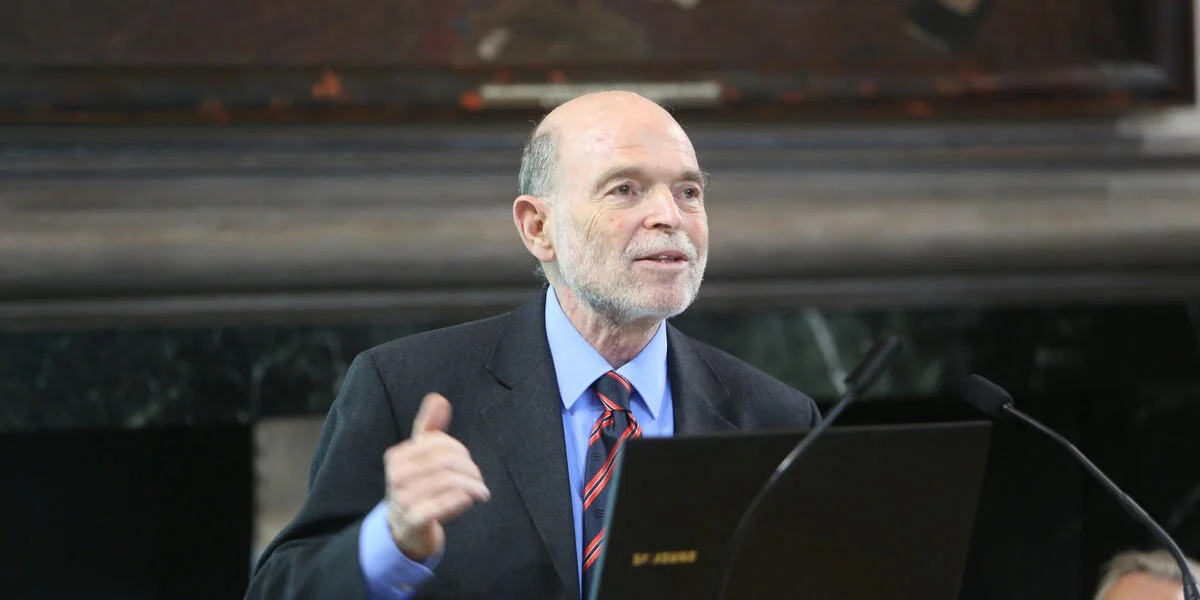The Nicholas Barr Fellowship

As part of the European Institute's 30th anniversary celebrations in 2021/22, we announced that one of the longest-serving members of the European Institute, Professor Nicholas Barr, would be the namesake of the Nicholas Barr Fellowship in European Political Economy.
This Fellowship recognises the commitment that Nick has shown to teaching and education in the department over the past 30 years, and we are proud that one of our teaching fellows will carry his name.

Nicholas Barr FRSA has an MSc in Economics from the London School of Economics and a PhD from the University of California, Berkeley, where he was a Fulbright Scholar. He is Professor in Public Economics at the London School of Economics, the author of numerous articles, and author or editor of over twenty books. The heart of his work is an exploration of how market failures can both explain and justify the existence of welfare states.
Alongside teaching and research is wide-ranging involvement in policy. He worked at the World Bank from 1990-1992 on the design of income transfers and health finance in Central and Eastern Europe and Russia, and from 1995-1996 as one of the authors of the World Bank's World Development Report 1996: From Plan to Market. Since the mid 1980s he has been active in the debate about financing higher education, advocating a system of income-contingent student loans collected alongside income tax or social security contributions. In the UK, he argued for many years for tuition fees fully covered by income-contingent loans, and he and his colleague Iain Crawford have been described as the architects of the 2006 reforms in England.
Europe, politics and economics: this is Nick’s home ground, and it is the EI’s home ground too. It is with great pleasure that I announce this new Fellowship, to honour the name of this great stalwart of the European Institute.

Current Fellowship Holder
The current holder of the Nicholas Barr Fellowship in European Political Economy is Dr Gianmarco Fifi.
Prior to joining the European Institute, he was a doctoral student and Associate Tutor at the University of Warwick. He holds a BA from LUISS Guido Carli, a MA in International Political Economy from King’s College London and a PhD from Warwick. His thesis investigated the ways in which left-wing formations in Italy have come to provide key support for fiscal austerity and labour-market flexibilisation since the 1980s. Part of the findings from Gianmarco’s PhD are now published in an article in Review of Intarnational Political Economy.
Beyond his doctorate, Gianmarco’s research focusses on how trends within civil society facilitate changes and continuity in policy-making frameworks and how these relate to the process of European integration. He is particularly interested in the ways in which economic crises tend to change actors’ policy preferences as well as their perception of the future of Europe.
Gianmarco has taught, mentored and marked in political economy, while his research has been awarded several grants including an Einaudi Foundation Scholarship and a PAIS PhD Studentship from the University of Warwick.